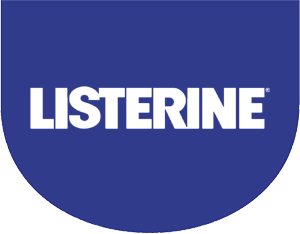Article
The December 2021 and January 2022 editorials in Dental Update got me reflecting and thinking. I made a brief visit to Paris in early December 2021 to attend the presentation and public defence of my cousin's DChD thesis. It was delightful to see another member of the family join the profession (none of my children has), but what was really interesting was to see that all French dental graduates take a modern language version of the Hippocratic oath. I do not recall that this was part of graduating from Edinburgh University in 1984, and (as far as I can see on a quick internet search), only approximately half of today's graduates take any sort of oath.
The message from your editorials would suggest that we have a number of ‘tribes’ within the profession currently – displaying widely differing ethical and moral positions. Some of this will inevitably be a reflection of wider society. However, a respectable body of research would suggest that dental school intake is NOT generally representative of wider society. Furthermore, the way that dental students are chosen and trained would seem to select for particular personality types and then reinforce aspects of those characteristics. Postgraduate training then further compounds these effects. The result – I put it to you that we have a profession that exhibits an extraordinary bias towards ‘perfectionism’ in technical processes – mainly via an obsessive-compulsive tendency to want to do things the ‘right’ way… There would appear to be an engrained bias towards ‘doing things’ to patients and intervening as the first, preferred option. The various mechanisms of remunerating dentists working within the NHS further encourage and compound these tendencies. This is not to say that non-NHS remuneration mechanisms are any better – they just display different biases and distortion effects. Without a positive behavioural bellweather, it is easy to see how dentists may feel adrift and submit to unethical pressures (and some may willingly embrace them).
Register now to continue reading
Thank you for visiting Dental Update and reading some of our resources. To read more, please register today. You’ll enjoy the following great benefits:
What's included
- Up to 2 free articles per month
- New content available

